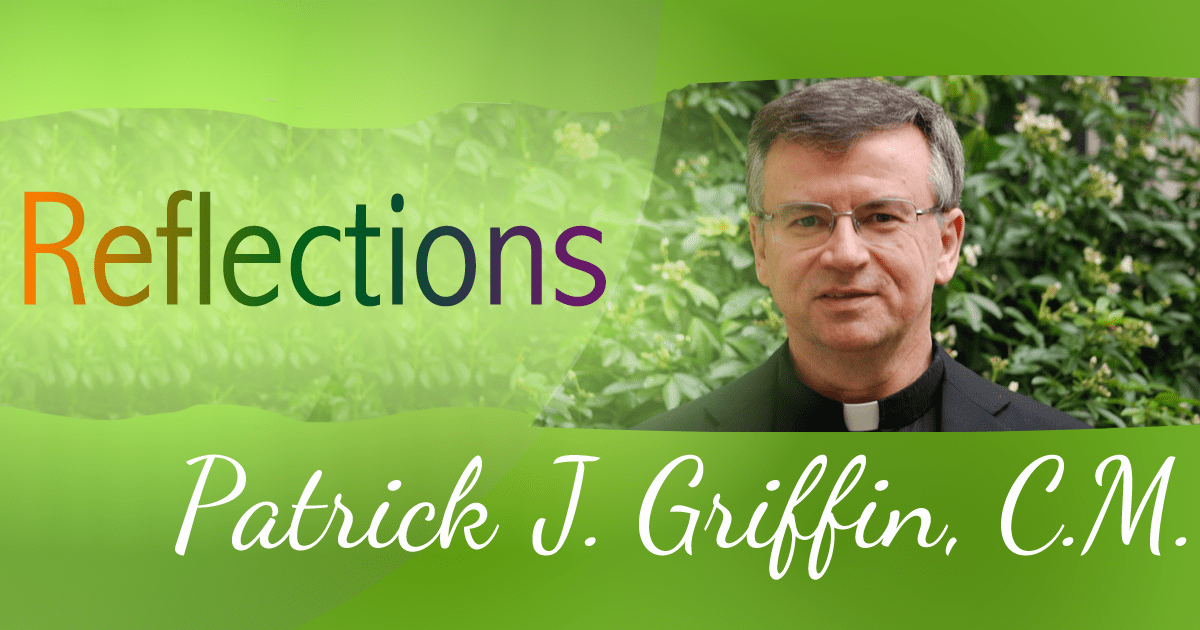When we first read the book of Jonah, I think that most of us begin the tale with the wrong interpretation. We know the story; God wants to send Jonah to preach repentance to the Ninevites. In place of obeying the Lord, Jonah flees and ultimately the whale swallows him. Most of us might presume that Jonah fled because he was afraid of this foreign people. After all, they were the historical enemy of Israel and a very powerful nation. To be sent to Nineveh would be to court death for one of the Chosen People, and so we understand Jonah’ fear and fleeing.
If this describes our thinking at the outset of the story, we would be wrong. Jonah is not afraid of Nineveh in that way. If he thought that his preaching there would bring sorrow and destruction on this nation, he would have spoken gladly – even at the cost of his life. No, Jonah fears something else. Listen to what he has to say to the Lord after his preaching, the repentance of the Ninevites, and the decision of the Lord not to destroy them.
“I beseech you, LORD,
is not this what I said while I was still in my own country?
This is why I fled at first to Tarshish.
I knew that you are a gracious and merciful God,
slow to anger, rich in clemency, loath to punish.”
Understand Jonah! He complains that the Lord is too merciful! Jonah feared that the Lord would forgive the Ninevites all their wrongdoing at their repentance, and that is just what happens. How frustrating it can be to be right when you would have preferred to be wrong.
Can you imagine yourself arguing that God is too merciful, insisting that it would be better if God were a bit more unforgiving, preferring God’s wrath to the tenderness of divine love? I know that I cannot do that if I am thinking about the way in which I want to be treated by God. In my self-awareness, I want God to be as merciful, forgiving, and loving as God can be. When I think of my own sinfulness, justice does not capture the way in which I hope for God’s treatment.
When I think about the way in which God should deal with some other people, however, other solutions are possible. Do you find this to be true of you as well when you turn your eyes to some others? Does the universal mercy and forgiveness of all God’s children cause you some concern? What does that say about us? What does it teach us about God?
The story of Jonah lures us into thinking seriously about what kind of people we are. It leads us into recognizing our divided hearts and our prejudiced interpretation of the Golden Rule. The awareness, however, is not enough. The call is to change.






Intriguing reversal of direction!
This looks like another instance of reading the scripture from our point of view rather than understanding what a Hebrew might thinK. And also why Pope Francis believes the Bible is Dangerous book.
https://famvin.org/en/2019/09/27/the-bible-is-a-dangerous-book/
https://famvin.org/en/2019/10/16/jesus-vs-the-un-on-the-eradication-of-poverty/